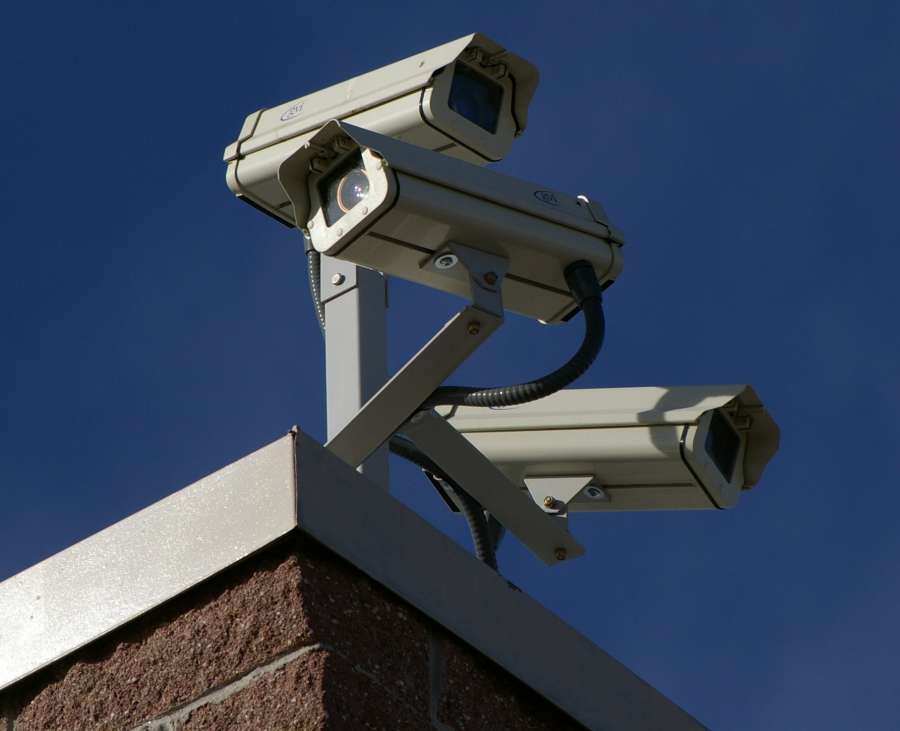Regulators are now demanding that online platforms and camera makers do their part in addressing these blatant privacy violations…reports Asian Lite News
In a bid to tighten enforcement of digital protection and privacy laws, Chinese authorities have launched a fresh crackdown on spy cameras, under which social and e-commerce platforms in China will face “severe” punishment if they fail to purge spy camera tutorials, hidden-camera videos and cheap, easily-compromised cameras from their platforms.
In a joint announcement on Friday, the Cyberspace Administration of China, the Ministry of Industry and Information Technology, the Public Security Bureau and the State Administration for Market Regulation launched a three-month campaign to crack down on the huge underground market for spy cameras and hidden-camera videos, reported South China Morning Post (SCMP).
In recent times, spy cameras have become widely available in China and have been found in hotel rooms, public bathrooms and even private homes. On social networks, tutorials can be purchased on how to gain access to home security camera feeds.
Regulators are now demanding that online platforms and camera makers do their part in addressing these blatant privacy violations, while social networks have been directed to clean up hacking tutorials, exploitation tools and secretly recorded videos.
Internet firms who fail to carry out these rectifications will be “severely punished” according to laws and regulations, the regulators said in the notice.

ALSO READ: Villagers facing widening income inequality in China
Despite these directives, tiny cameras were still found on China’s biggest e-commerce platforms including Taobao Marketplace, JD.com and Pinduoduo, mostly billed as security surveillance tools, reported SCMP.
The clean-up campaign comes hot on the heels of the release of China’s Data Security Law – slated to go into effect from September 1. It is an important new national legislation that offers a legal framework for the governance of data activities in China’s digital economy.
Under the new law, organisations and individuals engaging in data processing activities, who fail to fulfill their data security protection obligations face a fine of up to 500,000 yuan, with fines of up to 2 million yuan for bigger data leaks.
“The law calls on top government agencies to formulate national data security strategies, policies and coordinate a comprehensive data governance system across regions and industry departments,” Alex Roberts, counsel for technology, media and telecommunications at global law firm Linklaters, said last week.
As China’s intense crackdown on its tech companies continues, Beijing is calling on tech giants to share their information with the authorities and asserting its authority over data held by US companies in China as well.
Moreover, Beijing is also intensifying the pressure on foreign firms operating in China to keep records gathered from local customers inside the country, so the government has more authority over the records. (ANI)
ALSO READ: G7 to counter China in Indo-Pacific













